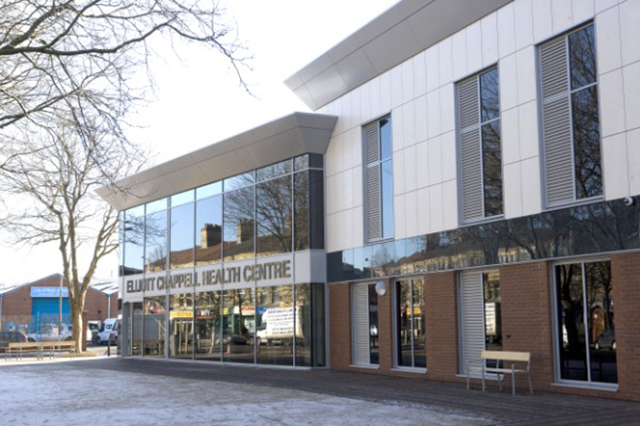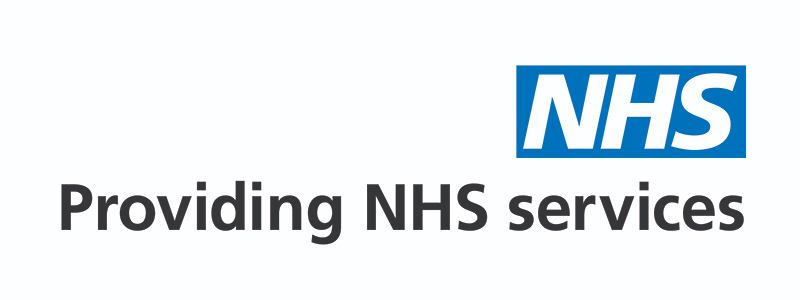The Bridge Group Practice.
Elliottt Chappell Health Centre
215, Hessle Road
Hull
HU3 4BB
01482 30384001482 303840

Answer: This is the answer.


The Bridge Group Practice.
Elliottt Chappell Health Centre
215, Hessle Road
Hull
HU3 4BB
01482 30384001482 303840

Answer: This is the answer.


The practice operates a call and recall system for patients on our diabetes register. The specialist clinic is run by our fully-qualified practice nurse with GP oversight. Patients are supported with education and treatments
Chiropody and retinal screening services are available within our programme and are provided by NHS partners.
Physical examinations are conducted in our diabetes clinic. Height & weight checks are included. From this, we calculate body mass index (BMI) which should be between 20 and 25. Blood pressure is also checked. Patients are advised of a target for their individual situation. A normal BP would be around 120/80.
To check skin and sensation, we conduct foot examinations. Digital retinal photography is used to check eyes. A special unit visits the practice so patients can be seen at their own surgery where that is where they are being monitored.
Patients are asked to look at a reading chart and drops are inserted into the eye to enlarge pupils. The effect of the drops can last up to two hours so it is unsafe to drive until the effect of the drops has worn off. Where a patient is on insulin, the site of the injections is checked.
Laboratory tests are undertaken from time to time - including haemaglobin (HbA1c) monitioring. This allows diabetes control to be monitored. Creatinine and eGFR are also checked to see how well kidneys are performing.
A lipid profile is also obtained. Liver function tests are also undertaken to monitor fat deposition and ensure that this is not upsetting the liver.
Urine samples allow microalbumin to be monitored so that complications of diabetes can be avoided. Where possible, tests are carried out before appointments so that the results are available at the review where general well-being, current treatment, diabetes control and any problems arising are discussed.
Patients with Type 1 diabetes attend a hospital clinic, whilst patients who have type 2 diabetes may attend either our practice clinic or the hospital - or both. Both the hospital and the practice clinics provide all reviews and routine care.
Referrals to podiatrist or dietitian are also considered, where required. Details of diabetes clinics can be obtained from our reception.
We conduct physical examinations in our diabetes clinic. This includes height & weight checks. This allows calculation of body mass index (BMI). This should be between 20 and 25. We also check blood pressure. Whilst a normal BP would be considered 120/80 mmHg, patients are advised of a target for their individual situation.
Foot examinations are conducted to check skin and sensation. Eyes are checked by digital retinal photography. A special unit visits the practice so patients can be seen at their own surgery where that is where they are being monitored. Patients are asked to look at a reading chart and drops are inserted into the eye to enlarge pupils. The effect of the drops can last up to two hours so it is unsafe to drive until the effect of the drops has worn off. Where a patient is on insulin, the site of the injections is checked.
From time to time, laboratory tests are undertaken - including haemaglobin HbA1c monitoring. This allows diabetes control to be monitored. Creatinine and eGFR are also checked to see how well kidneys are performing. A lipid profile is also obtained. Liver function tests are also undertaken to monitor fat deposition and ensure that this is not upsetting the liver. Urine samples allow microalbumin to be monitored so that complications of diabetes can be avoided.
Where possible, tests are undertaken before appointments so that the results are available at the review where general well-being, current treatment, diabetes control and any problems arising are discussed. Referrals to podiatrist or dietitian are also considered, where required. Details of diabetes clinics can be obtained from our reception.

The Health & Lifestyle Practitioners are non-clinical practitioners located within your our practice who can support patients with making positive lifestyle changes including improving diet and increasing physical activity levels. The Health & Lifestyle Practitioners focus on the prevention of conditions such as Cardiovascular Disease and Type 2 Diabetes.